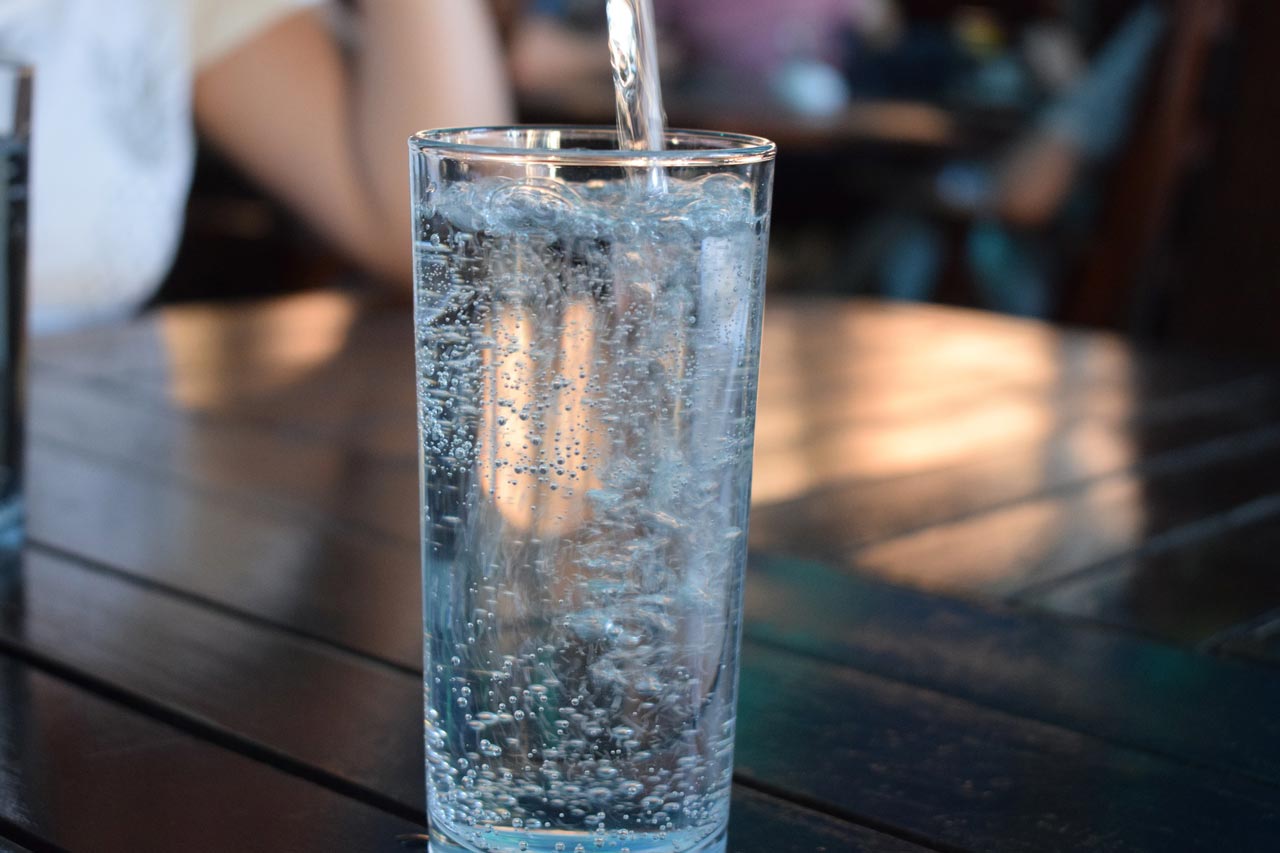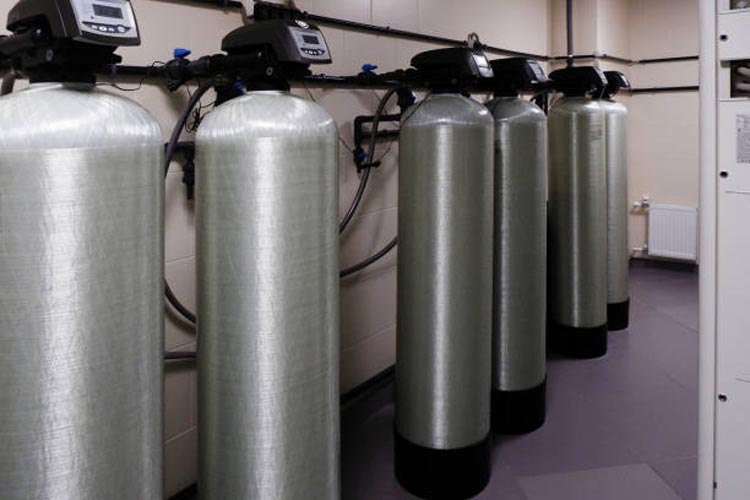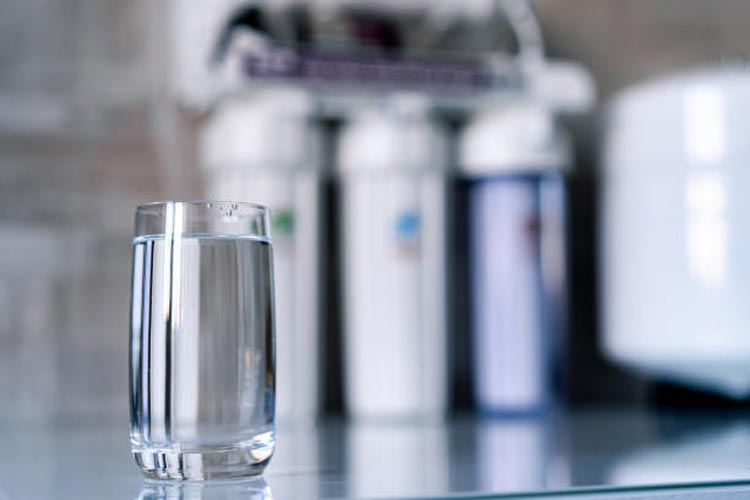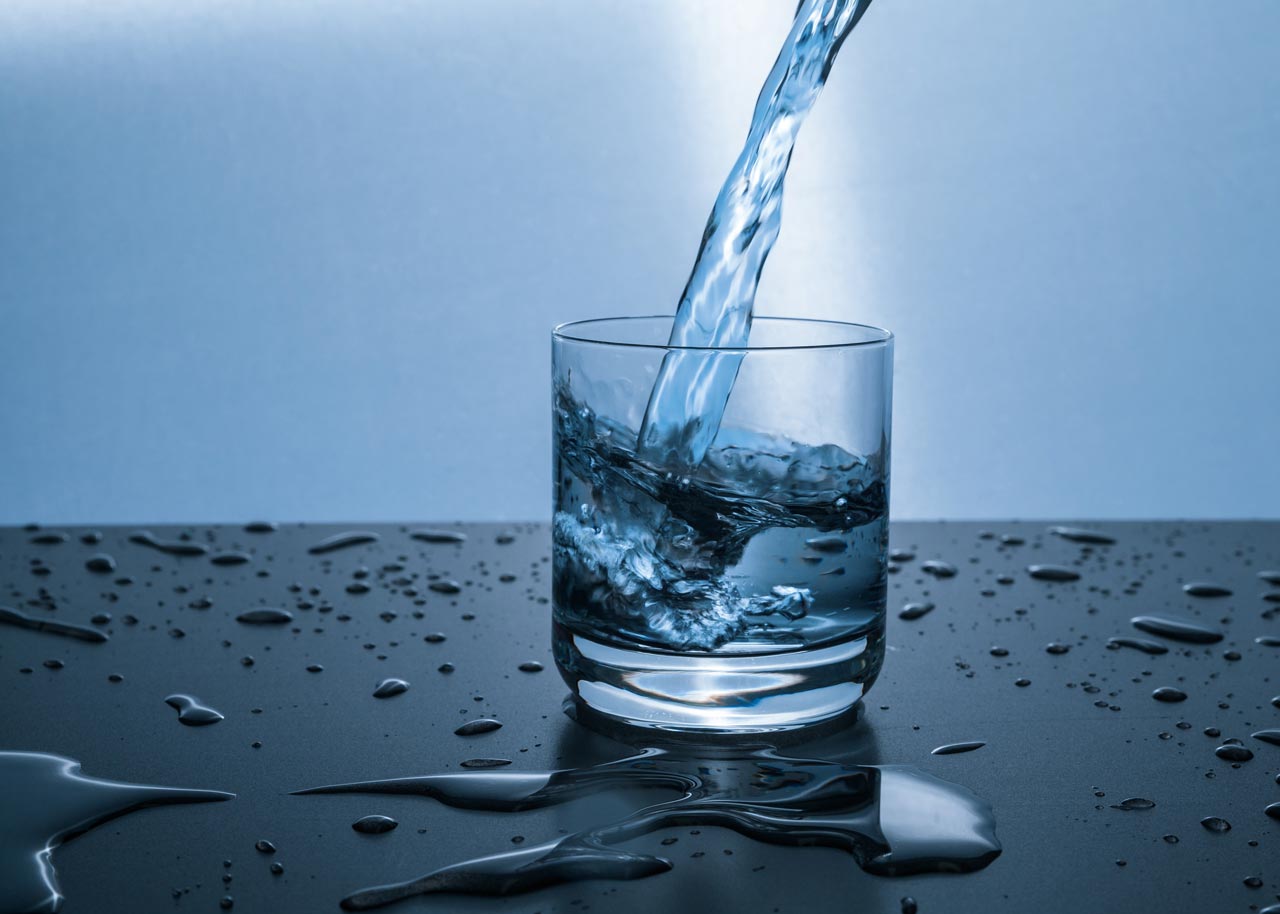
The average person should drink at least 2.5 liters of water a day for optimum health. And roughly, 71% drink from the tap occasionally. Given such numbers, it’s important to ensure that the water flowing from the tap is safe to drink.
But what if your tap water is hard water? A lot of people find hard water not palatable. Moreover, as hard water leaves behind residue and stains, many take caution and avoid drinking it altogether.
Learn more about alkaline water systems and water hardness to determine what the ideal drinking water is for you.
What Is Water Hardness?
Water hardness refers to the amount of minerals, particularly, of Calcium and Magnesium, found in water. Minerals are naturally found in water; however, when they exceed 120mg/L, the high level of minerals begins to have negative effects. This is also when water is called hard, as opposed to being soft water, with only up to 60mg/L of minerals, or moderately hard water, with 60mg/L and 120mg/L amount of minerals.
What Is the Ideal Water Hardness For Drinking?
Though water hardness has been proven to negatively impact pipes, tiles, and other household fixtures, as well as cause skin and hair dryness, it has not been proven to harm health. In fact, the high amounts of calcium and magnesium may even positively impact health.
Still, it is highly advisable to take things in moderation and both soft water and hard water have their respective benefits and drawbacks. On the one hand, having too little minerals in the water may contribute to mineral deficiency, whereas too much may result in overdose, though such cases are incredibly rare in healthy individuals.
The general rule of thumb is to drink clean water, with hardness being somewhere in the middle of soft and hard, 60 mg/L to 120 mg/L. Some also advise to not go beyond 170 mg/L, which indicates very high levels of calcium and magnesium.
But according to health authorities, there is no general health advice on restricting hardness in drinking water for health and safety reasons.
How to Tell Water Hardness?
If you drink from the tap and use your water to clean your home, bath, and use with your appliances, you’re probably wondering how to tell whether you have soft or hard water. To determine this, you can choose to purchase a test kit, send your water to get tested in a lab, or you can simply observe your water or conduct a quick soap test at home.
Test Kit
There are test kits that allow you to measure water hardness. An inorganic chemical test (Kit C), for example, can be bought from labs and used at home. Another option is to bottle up some water and send it to a certified drinking water lab to test for hardness.
Observation
Even without using test kits, one can tell whether water is hard or soft depending on the feel, smell, and usage of the water.
Unlike soft water which is odorless and leaves no residue behind, hard water smells sulfuric and tastes metallic; it also leaves behind residue when dry, which can easily be spotted on surfaces as discoloration or stains.
Soap Test
Another easy way to check if you have hard water at home is to add soap into the water. If you add soap to the water and mix them vigorously, you may get a lot of suds and bubbles or the water will cloud up. As soap doesn’t react well with hard water, lots of bubbles in your solution means you have soft water, while lack of bubbles means you have hard water.
For the same reason that hard water reduces the usefulness of soaps, it is not advisable to use hard water for cleaning, bathing, and other similar uses.
How to Make Hard Water Safe For Drinking?
One of the cautions against hard water is that they are often sourced from wells, and are likely to have metals besides the minerals. Though minerals are safe to consume, metals, and other substances are not.
As such, the best way to protect your health when drinking hard water is to make sure it is filtered thoroughly and rid of any harmful chemicals, pests, and metals, leaving behind only minerals which can have positive health benefits.
Still, many prefer to not drink hard water, not because they pose a danger to one’s health but rather because it has a metallic taste and sulfuric smell. In such cases, it is advisable to install a water softener to reduce calcium and magnesium levels in the water to make it tasteless and odorless for more enjoyable drinking.
How to Have Ideal Drinking Water?
So you’ve got hard water that you want to soften for a better drinking experience? Then you need a water softener to lessen the high levels of calcium and magnesium in your water.
When it comes to water softeners, there are 2 main types you can choose from; one uses salts, sodium chloride, and replaces the calcium and magnesium ions with sodium ions; meanwhile, the other uses potassium to neutralize or cure the water.
While using salts is the most common method to soften water, it does get rid of a lot of water during the ion exchange process. Not to mention, it leaves behind high levels of sodium chloride, which may be harmful for some people with specific dietary restrictions. For these reasons, many opt for the salt free water softener system.
Such systems involve the use of water conditioners which, when applied to hard water, crystallizes the minerals, making them easy to remove.
Make Your Water Ideal For Drinking
Are you ready to improve your tap water and make it ideal for drinking? Reach out to Pur Again Water and have us install a water softening system that will transform your water from hard to soft, removing any smell or taste from your water. We also offer various water filtration systems as well as alkaline water systems which are guaranteed to make your water ideal for drinking.
Call PurAgain Water today to schedule an appointment or get a free quote!




